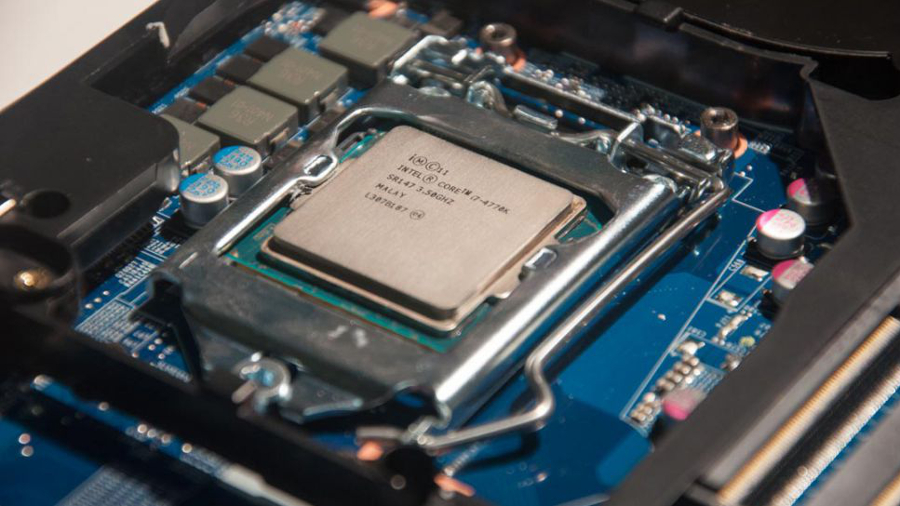
By Darren Allan
Research is underway to develop processors which can help to sniff out viruses, providing another line of defence against malware aside from traditional antivirus software.
The project, which is a partnership between researchers at Binghamton University and UC Riverside over in the US, has just received a grant of $275,000 (around £220,000, AU$355,000) and aims to modify the CPU to enable it to scan for anomalies potentially caused by malware.
If the processor picks up anything which it might deem to be suspicious behaviour, it can then alert the security software installed on the PC, which can subsequently investigate the issue more deeply and take action if necessary.
Essentially, it’s using hardware to enhance the effectiveness of security software, and Dmitry Ponomarev, who is a professor in the department of computer science at Binghamton and heads up the project, commented: “The modified microprocessor will have the ability to detect malware as programs execute by analysing the execution statistics over a window of execution.”
Machine learning
The processor will apparently use ‘low complexity’ machine learning to better hone its efforts in terms of attempting to spot malicious activity.
Ponomarev noted: “Since the hardware detector is not 100% accurate, the alarm will trigger the execution …read more
Source:: techradar.com – Computing Components

 Previous post
Previous post
 Next post
Next post